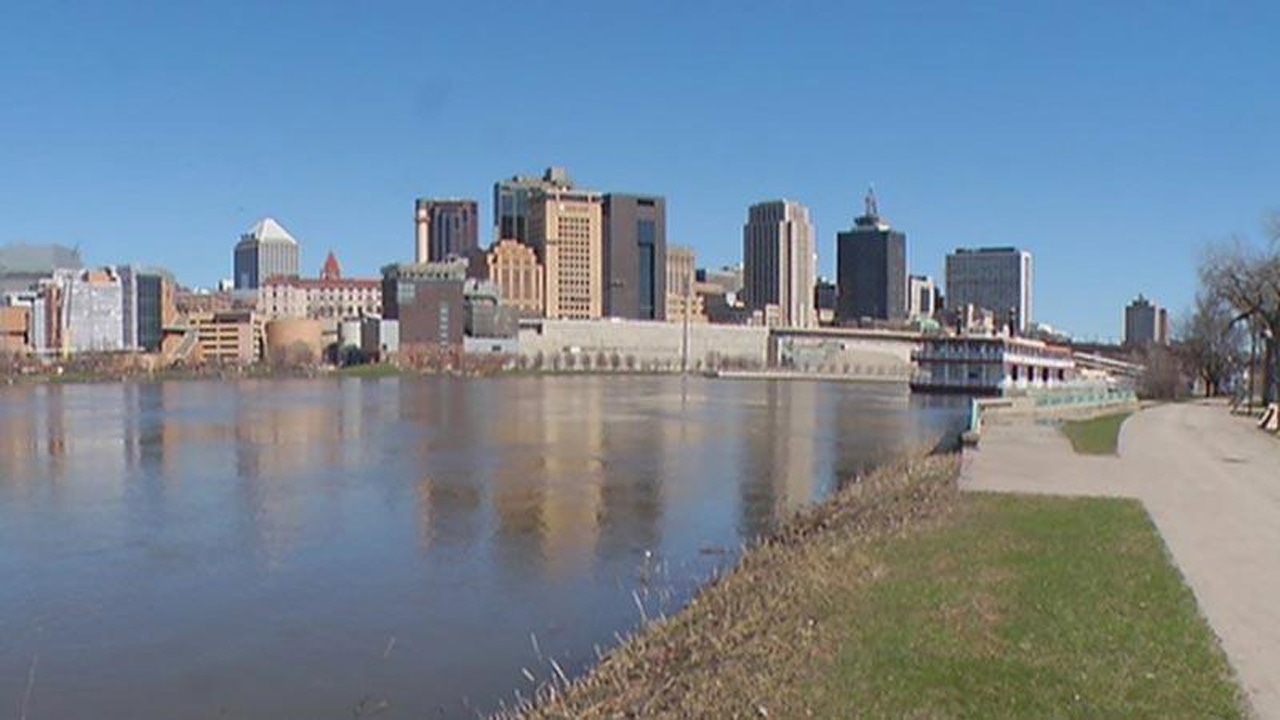$14.5M in federal funding to cover lead pipe replacement project in St. Paul
[anvplayer video=”5099180″ station=”998122″]
More than $14 million in federal money will be used to remove lead pipes from the ground in St. Paul, creating safer water for many families.
Monday afternoon, Mayor Melvin Carter was joined by U.S. Sens. Amy Klobuchar and Tina Smith, U.S. Rep. Betty McCollum, St. Paul City Councilmember Chris Tolbert, and Deputy Assistant Administrator Bruno Pigott from the Environmental Protection Agency Office of Water to talk about the investment.
“Lead pipes [are] the leading source of lead in our drinking water,” Pigott said.
“[Lead pipes] harm our health, and our children disproportionately,” Pigott added. “The science about this is settled – there’s no real argument.”
There are at least 15 projects set for 2022, the total cost is $14.5 million. The largest project is on Minnehaha Avenue East and stretches several blocks.

(FILE/KSTP-TV)
View a map of the expected projects outlined by city officials below or here.
Mayor Carter said that the city has been removing lead pipes for at least the last 25 years and added more will need to be removed after this push. He says there will be more than $67 million worth of work to get them all out of the city.
“We have to make sure that those thousands of households that still have those lead pipes, connecting into our water main, are cleaned up, that those are replaced so that we don’t have families and children literally drinking toxins in their water every single day,” Mayor Carter said.
Environmental advocates say this work needs to expand outside the capital city.
“Lead is a really serious health threat for kids. It can cause all kinds of health problems,” John Rumpler, Environment Minnesota’s Clean Water program director, said. “From learning disabilities to lost IQ points, to damage to the central nervous system, it definitely does not belong in Minnesota’s drinking water.”
Rumpler says the investment being made in St. Paul should be mirrored by other cities across the state as thousands of lead pipes are still underground.
“Removing these lead pipes is absolutely critical to our children’s health. These lead pipes – called lead service lines that lead from the water main in the street, into people’s homes – are the number one source of lead contamination [from] drinking water in the residential context,” Rumpler said.
Projects are expected to begin within the next 45 days.